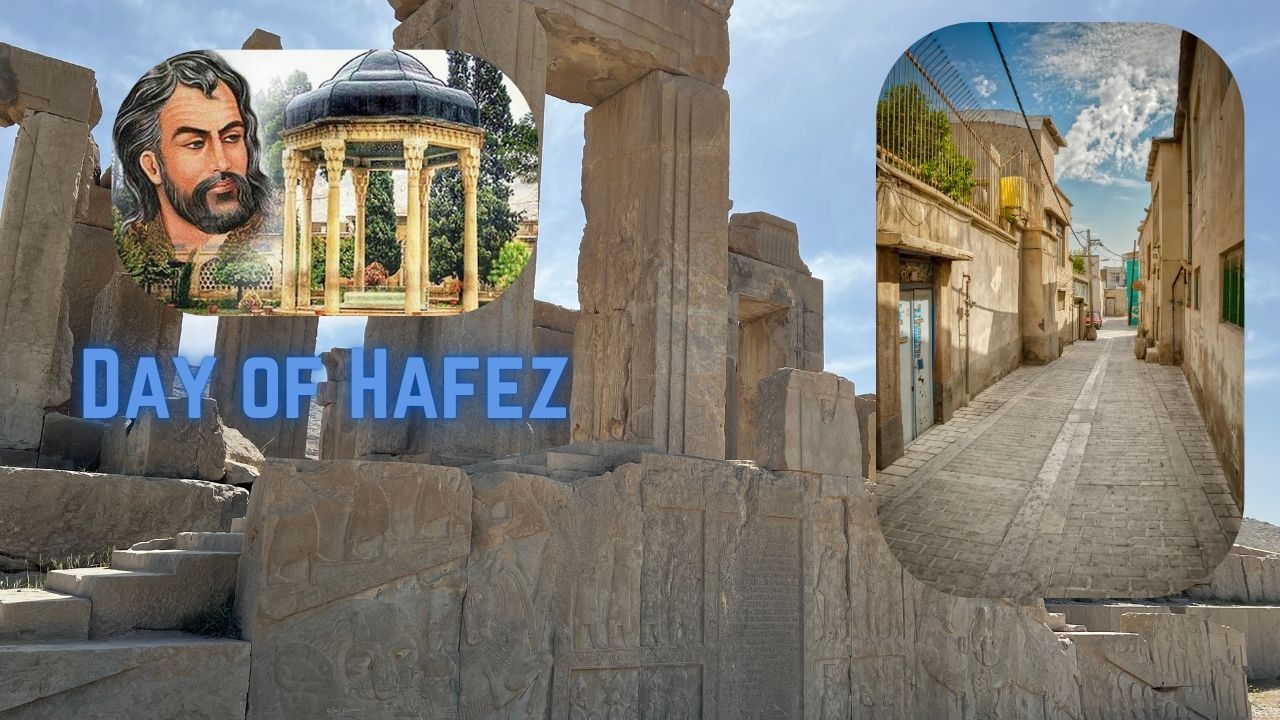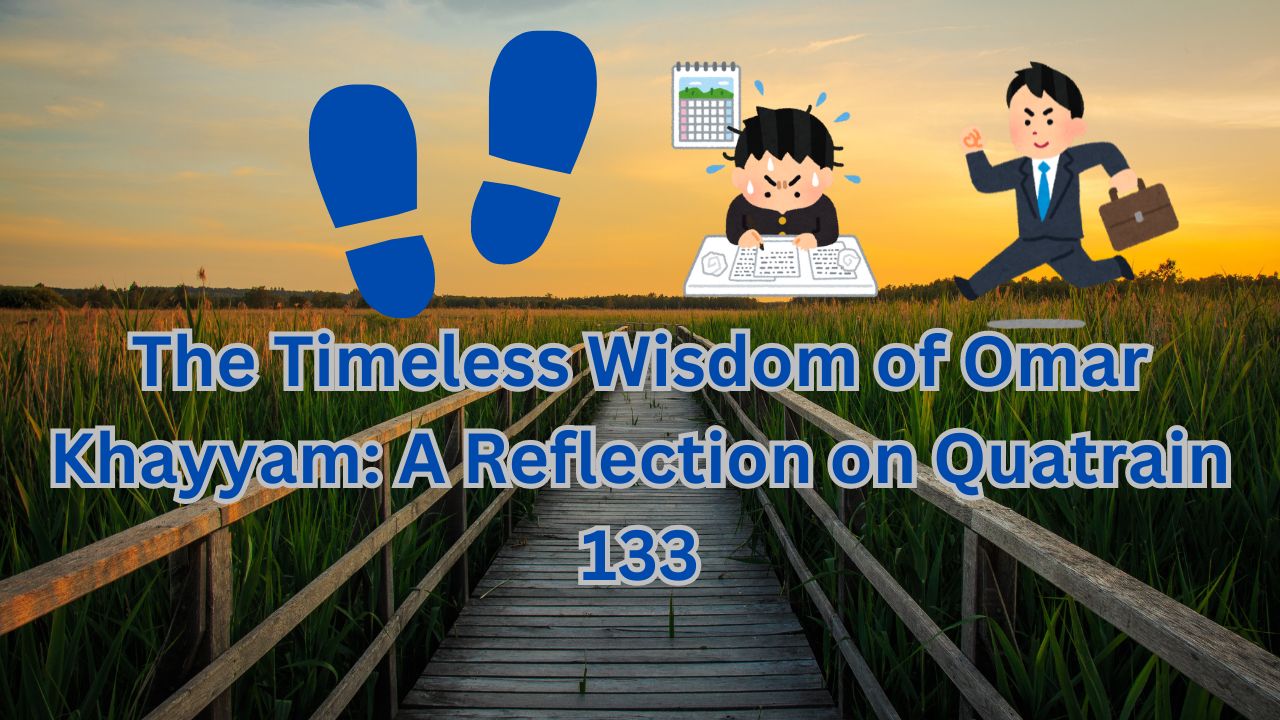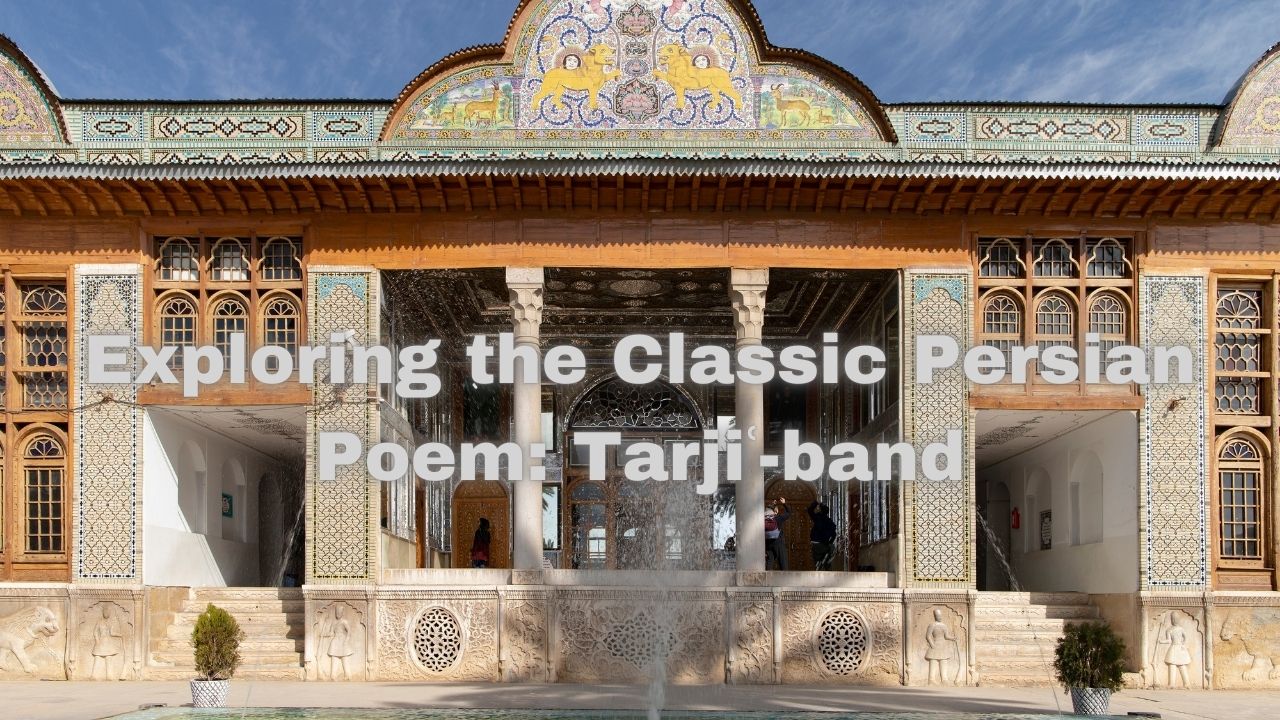Honoring Hafez, the Voice of Mysticism, Love, and Freedom
October 12th marks a special occasion in Persian culture and beyond: the Day of Hafez. Celebrated annually, this day honors one of the greatest poets in history, Hafez of Shiraz, whose words continue to inspire readers around the world with their profound wisdom, beauty, and depth. Known for his mystical themes, romantic expressions, and sharp social critiques, Hafez remains a towering figure in Persian literature and a beloved poet in world history.
Who Was Hafez?
Hafez, born as Khwāja Shams-ud-Dīn Muhammad Hāfez-e Shīrāzī in 1315 in the city of Shiraz, lived during a time of political turbulence and cultural flourishing in the Persian Empire. Although his life remains somewhat shrouded in mystery, his poetry reveals a deep connection to Sufism, a mystical form of Islam that emphasizes a personal, spiritual connection to the divine.
Hafez is known primarily for his collection of poems, or Divan-e-Hafez, which consists of ghazals—lyrical poems that explore love, beauty, and spirituality. His mastery of the Persian language, combined with his keen insight into human nature and divine love, has made his poetry resonate across centuries.
The Themes of Hafez’s Poetry
One of the reasons Hafez’s poetry endures is the universality of his themes. His poems frequently address:
-
Love: Hafez wrote extensively about love—both human and divine. His words often express an intertwining of earthly affection with spiritual longing, blurring the lines between love for another person and love for the Creator.
-
Mysticism and Sufism: Hafez was deeply influenced by Sufi mysticism. His poetry reflects this influence by exploring themes of union with the divine, the fleeting nature of life, and the pursuit of spiritual enlightenment. In Sufism, the goal is to transcend the ego and dissolve into a higher consciousness, a theme that permeates much of Hafez’s work.
-
Freedom and Rebellion: Hafez was known for his subtle critiques of political and religious hypocrisy. He often challenged the rigid dogmas of the ruling clerics of his time, advocating for a life of joy, freedom, and authenticity. Through veiled metaphors, he spoke out against societal constraints, encouraging individuals to seek their own path to truth.
-
Nature and Wine: Hafez frequently employed nature imagery and references to wine in his poetry. While these symbols can be interpreted literally, they often have deeper spiritual meanings. Wine, for example, is a metaphor for divine love and ecstasy, while gardens represent the beauty and transience of life.
Hafez’s Influence on Persian Culture and Beyond
Hafez’s influence on Persian culture is unparalleled. His poetry is so ingrained in the fabric of Iranian life that his works are often recited at family gatherings, weddings, and other celebrations. The Divan-e-Hafez holds a place of reverence in Iranian homes, often next to the Quran, and many Iranians turn to his verses for guidance, practicing a tradition known as Fāl-e-Hafez, where a random verse is chosen as a form of divination or reflection.
Beyond Iran, Hafez’s influence has spread globally. His work has been translated into numerous languages, and poets and scholars from around the world have drawn inspiration from his timeless words. The likes of Goethe, Ralph Waldo Emerson, and Nietzsche were deeply moved by his poetry, recognizing in Hafez a kindred spirit who understood the complexities of the human soul.
Why Do We Celebrate the Day of Hafez?
The Day of Hafez is more than just a tribute to a poet; it is a celebration of love, wisdom, and the pursuit of truth. Hafez's poetry transcends time, geography, and culture, offering readers a mirror through which they can explore their own spiritual and emotional lives. In a world often divided by conflict and misunderstanding, Hafez's words remind us of the importance of love, tolerance, and the universal search for meaning.
On this day, lovers of poetry and admirers of Persian culture come together to recite Hafez’s ghazals, share stories about his life, and reflect on the enduring relevance of his words. Whether you are new to Hafez’s work or a lifelong fan, today offers a perfect opportunity to dive into his world and rediscover the timeless beauty of his poetry.
Final Thoughts: Hafez, the Timeless Voice
Hafez’s legacy lives on because his poetry speaks to the heart of what it means to be human. His words address the joys and sorrows of life, the mysteries of the divine, and the beauty of existence. In celebrating the Day of Hafez, we honor not only his literary genius but also the values he championed: love, freedom, and the quest for spiritual enlightenment.
As we read his verses today, let us remember Hafez’s timeless invitation to embrace life fully, seek the divine within, and approach the world with an open heart.
On this Day of Hafez, let his poetry be a reminder that through the written word, we can connect to the past, understand the present, and inspire the future.





